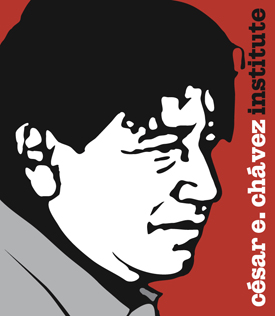Study finds school boards lack Latino representation
Oct. 22, 2010 -- While Latinos are soon to make up the majority of students in California schools, the majority of school boards in the state have no Latino representation, according to a report released today by the Cesar Chavez Institute.

The authors of the report, "Examining Latino Representation on California's School Boards," suggest that the lack of Latino representation on school boards may result in lower high school and college graduate rates.
“We found that having Latino representation helps school boards to focus on high dropout rates and lower numbers of college-bound Latino and African-American students, the lowest performing students in our schools," said Belinda Reyes, director of the CCI and co-author of the report.
The report identifies a link between the lack of Latino representation on school boards and a lower number of Latino teachers, administrators, counselors as well as teachers who are trained to teach bilingual education. As a result, Reyes concludes that Latino students, particularly new immigrants, will continue to fall behind in education.
According to a 2008 demographic profile of California prepared by the Pew Hispanic Center, 48 percent of all K -12 students in the state are Hispanic and 48 percent of all births are to Hispanic parents.
The CCI report was based in part on a survey the authors conducted of school board trustees in districts where more than 10 percent of the elementary and high school students were Latino.The report's authors cite expensive school board election campaigns, at-large elections (instead of district elections) and Latino voters who are not registered or eligible to vote, among the leading factors for the lack of Latinos serving on school boards.
"Examining Latino Representation on California's School Boards," is available for review online.
In addition to Reyes, the report was authored by Max Neiman, senior resident scholar at the Institute of Government Studies, University of California, Berkeley; Luis Fraga, Diversity Research Institute, University of Washington; and Daniel Krimm, a research associate at the Public Policy Institute of California.
Based at San Francisco State University, the Cesar Chavez Institute is comprised of faculty and researchers who partner with policy makers and community advocates to examine and highlight the barriers to good health and educational achievement experienced by disenfranchised populations.
Share this story:
